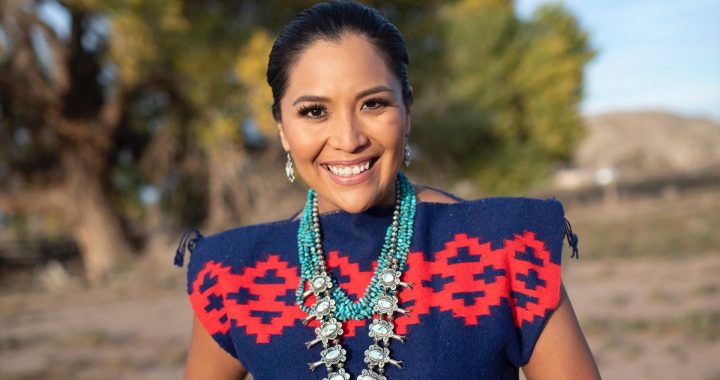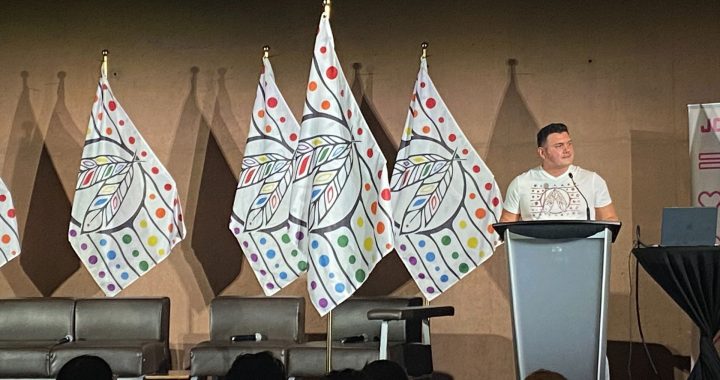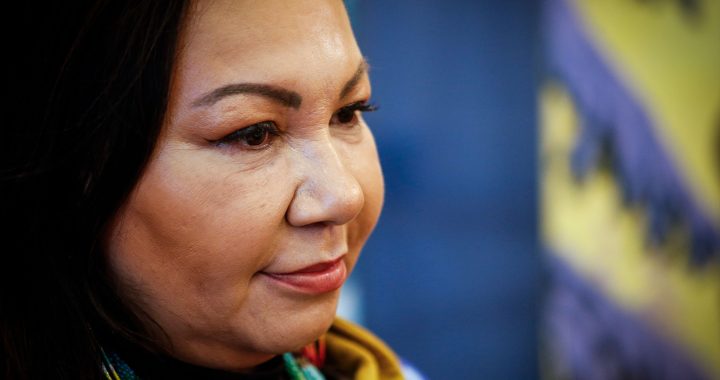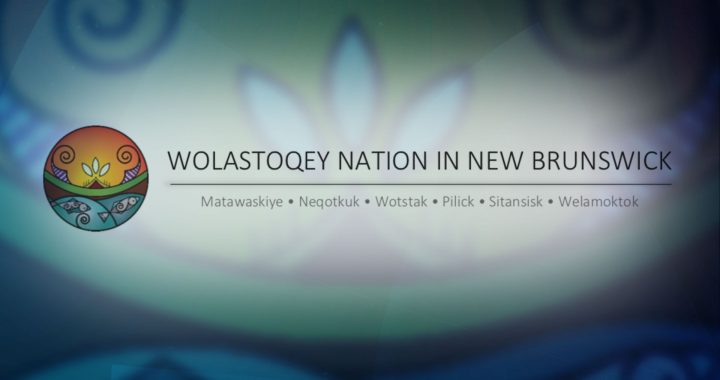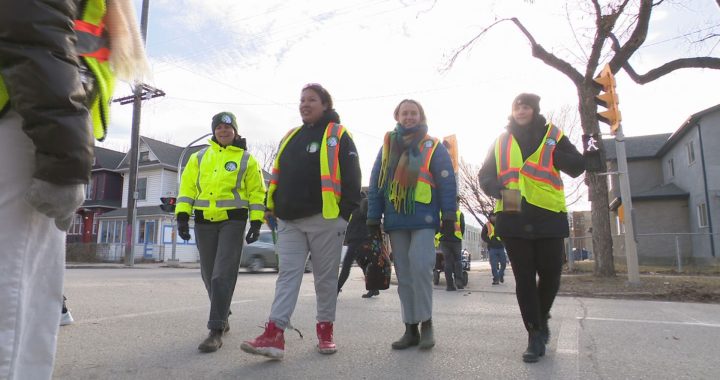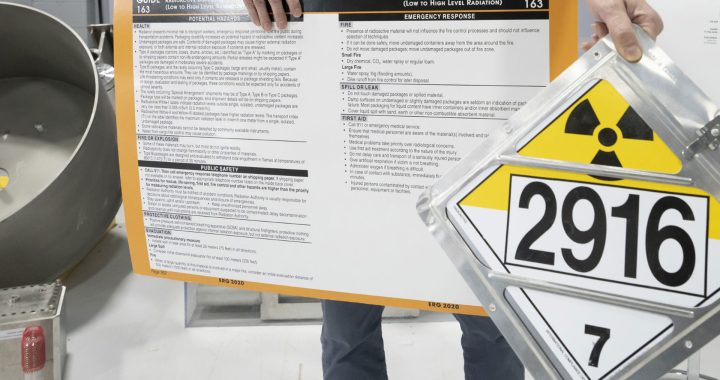A former criminal intelligence analyst for the RCMP who reported that an energy project in New Brunswick was up against “violent Aboriginal extremists” was also the administrator of a Facebook group which featured current and former Mounties, at times, making racist and disparaging remarks about Indigenous Peoples.
For six years Tim O’Neil’s duties included putting together reports for the top brass at the RCMP on issues including threats to energy projects in Canada by Indigenous groups or environmental organizations.
One of these reports, Criminal Threats to the Canadian Petroleum Industry, which is available publicly, is a criminal intelligence assessment report about the 2013 anti-fracking protests led by people in Elsipogtog First Nation near Rexton, New Brunswick.
Along with using the phrase “violent Aboriginal extremists,” O’Neil’s 2014 report also uses wording that includes “criminal intentions of the eco-extremists and violent rhetoric.
“Analysis of existing intelligence and open source reporting indicates that violent Aboriginal extremists are using the internet to recruit and incite violence and are actively engaging in direct physical confrontation with private company officials” says the report under the “Aboriginal Opposition” heading.
The peaceful protest at Rexton came to a violent end when heavily armed, militarized police raided the blockade in Kent County, N.B. on Oct. 17, 2013.
Lorraine Clair of Elsipogtog is a land and water protector who was on the ground when the RCMP moved in.
“Criminal threats to the Canadian petroleum industry,” she says reading from the report. “Criminal threats… and we were criminals now because we are defending our land, we’re protecting our water we’re you know defending our children’s and grandchildren’s inherent right, really?”
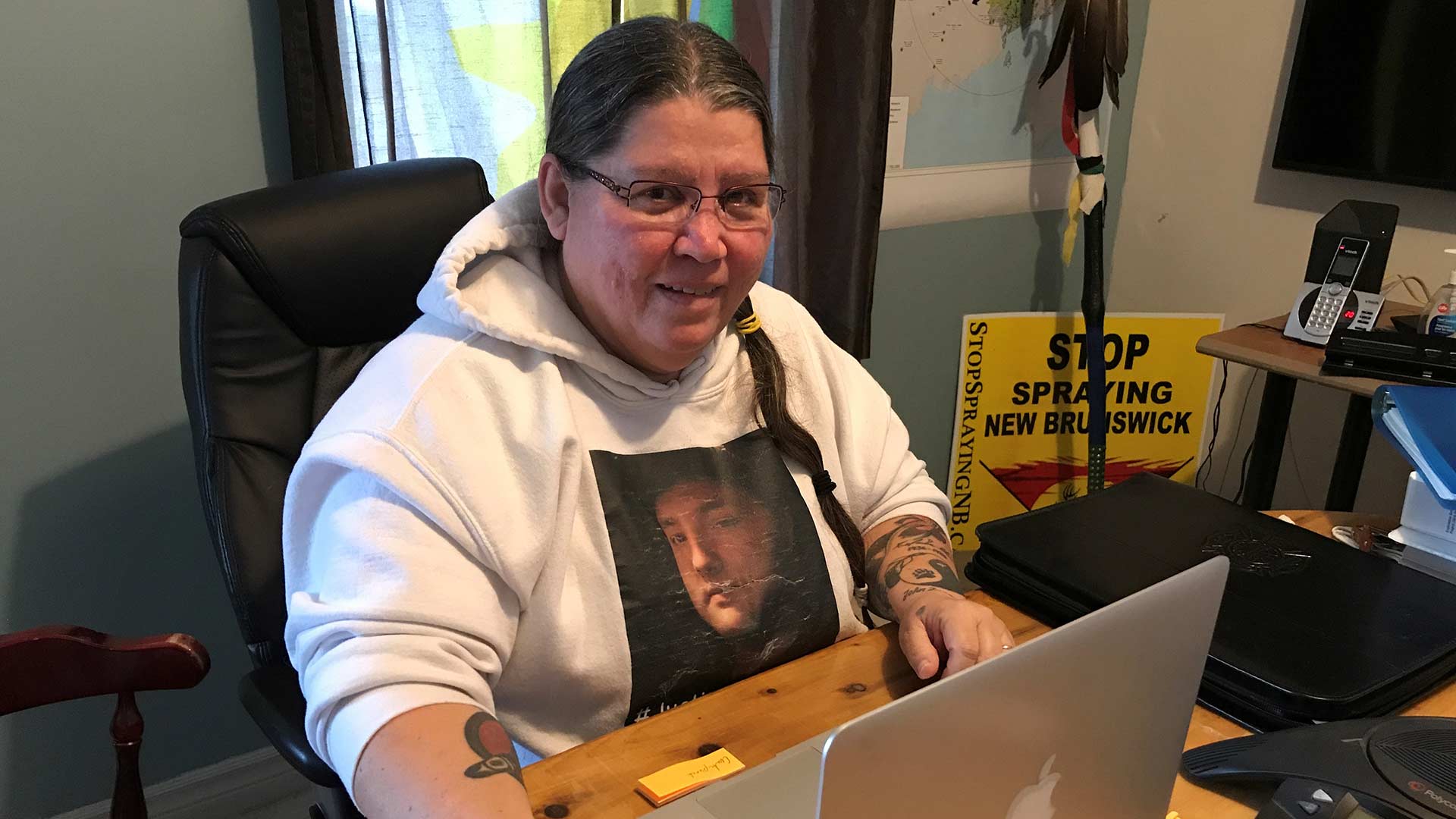
O’Neil collaborated with other policing agencies such as the Canadian Security Intelligence Service (CSIS), monitoring Indigenous protestors.
“When you end up having this kind of official language that is just so biased… it really demonstrates to how rotten the institution is that it can’t recognize how problematic these things are,” says Jeffrey Monaghan, a criminology professor at Carleton University in Ottawa who has been studying RCMP tactics for more than 10 years.
O’Neil was also the administrator of a Facebook group called RCMP Mates.
As previously reported by APTN News, that site with 12,000 members, hosted racist comments aimed at Indigenous Peoples and other minority groups.
“They are out there procreating faster than smart people,” one comment read on the site says.
When members of the Wetsuwet’en Nation and their supporters in British Columbia pushed back against a pipeline, which prompted other communities to block rail lines in solidarity, the comments once again flared.
“Terrorists should be shot, this goes way beyond reasonable protest,” said one post. “It’s so funny, they still call them protestors, they are domestic terrorists.”
None of these comments are attributed to O’Neil.
But he resigned from the group after APTN contacted him regarding the group and published a story on Aug. 31.
Before resigning, he had a warning for members of the group.
“I want to alert the group that I was contacted by APTN… remove any posts that were even the least bit controversial,” he wrote.
O’Neil also had a message for his followers in the Facebook group.
“Threatening to go to the media will end with your immediate removal.”
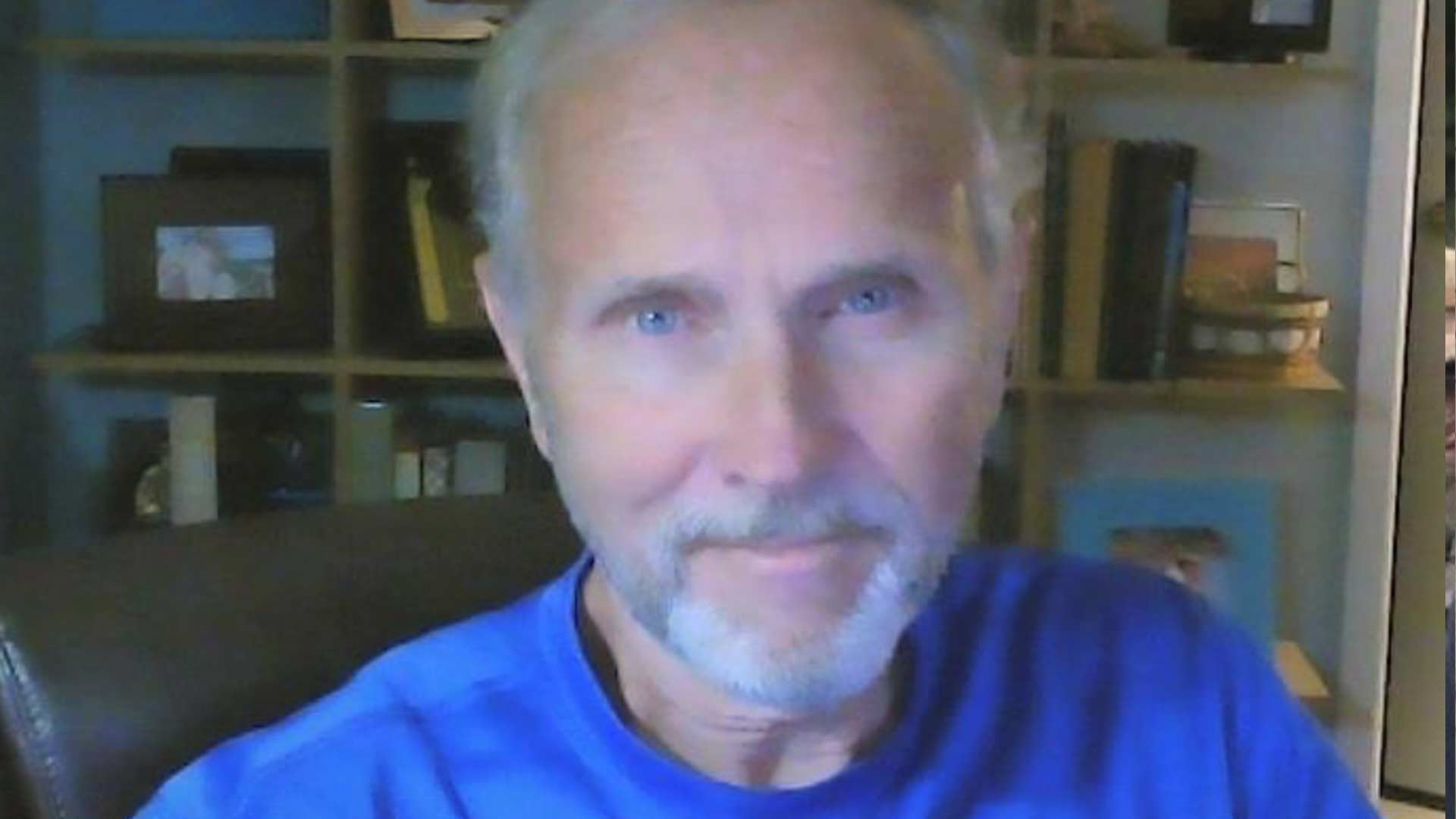
APTN reached out to O’Neil several times for an interview.
He declined, stating that, “as a former RCMP employee I am by law not permitted to discuss my work while employed with the RCMP.”
But that statement to APTN on Nov. 24, 2020 seems to be contradicted by what O’Neil posted on RCMP Mates and his LinkedIn profile.
“Between 2008 and 2014, I was the RCMP’s lead criminal intelligence analyst tasked with identifying and analyzing potential and credible threats to the Canadian energy sector,” he wrote.
The RCMP confirmed in an email to APTN, O’Neil worked on the critical infrastructure team from 2008 to 2012.
Monaghan says reports like O’Neil’s only promote one side of the issues – and it’s not the Indigenous side.
“I think there’s just so much on the ground racism, outright racism where RCMP officers are treating Indigenous people like crap,” he says.
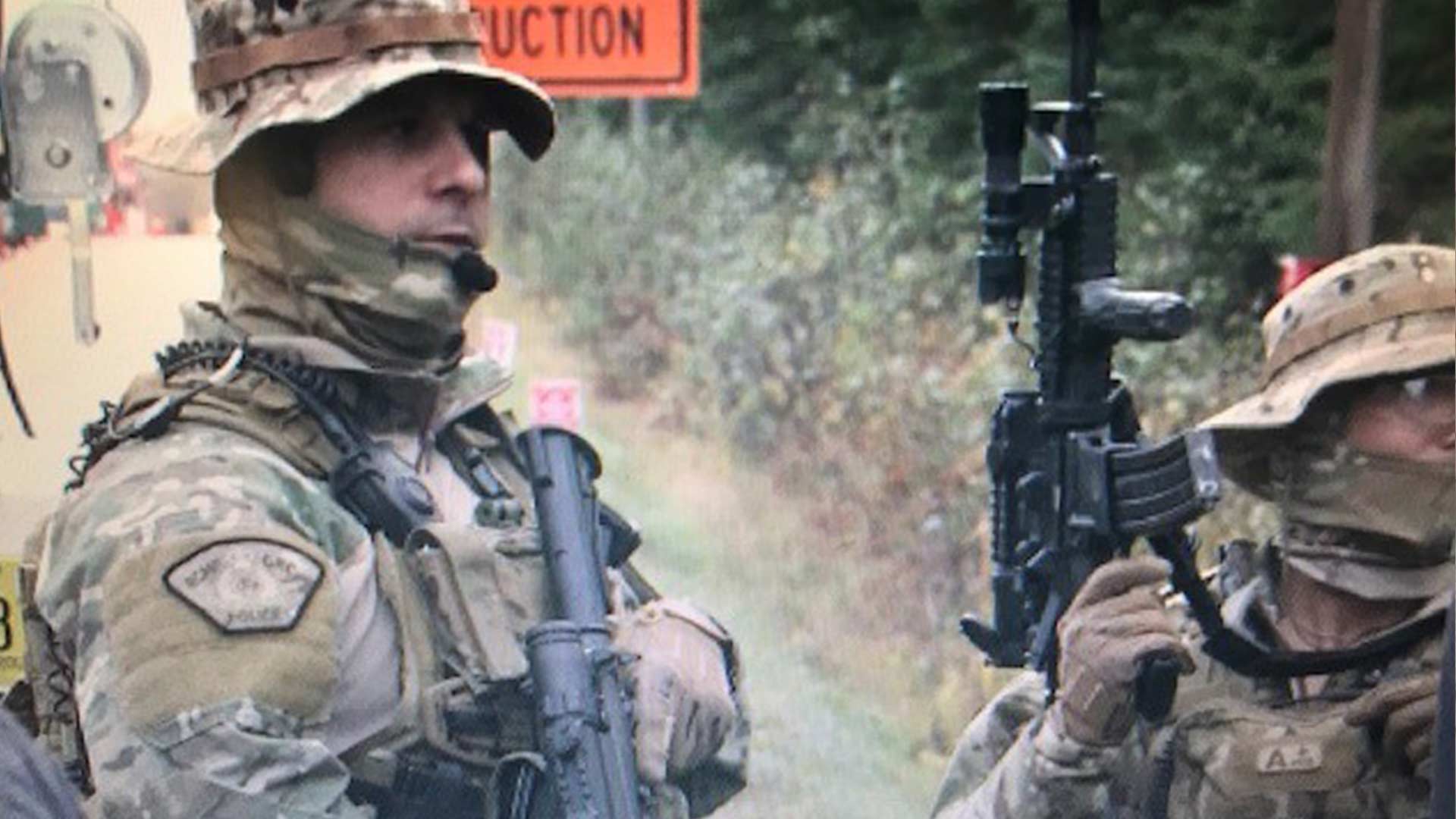
Clair remembers being arrested weeks after the RCMP’s takedown of the anti-fracking blockade.
“This guy is smearing pretty well every Aboriginal movement that has occurred to defend land, water and what do you call it, treaty rights they are not even stating this is why we are doing it you know we are defending our rights, if the tables were turned, if we were infringing on their rights, you know, would they not stand up too?”
Monaghan says O’Neil criminalized Indigenous protectors as eco-terrorists.
“And for policing Indigenous protests in particular it was really kind of sensationalizing the threat in a way that I think was trying to really kind of put Indigenous protests on to the like kind of a higher level of threat to get more resources within the policing bureaucracy.”
Read More:
Watchdog has ‘serious concerns’ about RCMP’s response to findings of Elsipogtog investigation
Private Facebook group loaded with racist comments by RCMP members still thriving
Monaghan isn’t the only one raising concerns about reports like the one compiled by O’Neil.
A recent report by former Supreme Court justice Michel Bastarache found the culture at the RCMP “toxic.”
And that the force tolerates misogyny, homophobia and racism.
The Civilian Review and Complaints Commission issued a report in November after a seven year long investigation into the RCMP takedown of the Mi’kmaw anti-fracking blockade, that justified the Mounties’ militarized use of force and found the RCMP did not display bias towards Indigenous people.




